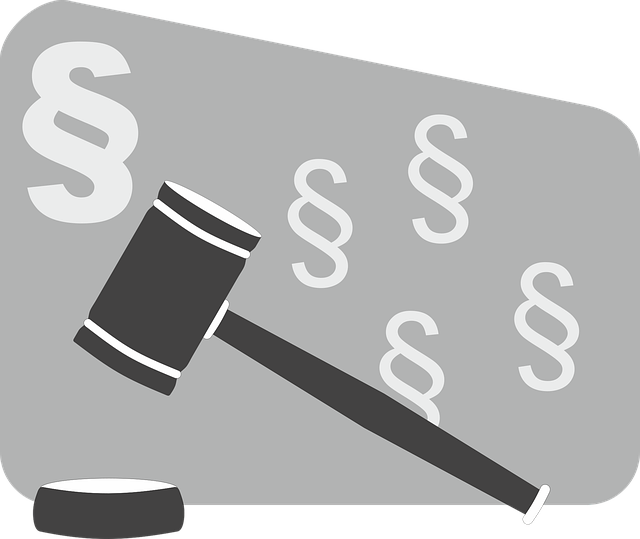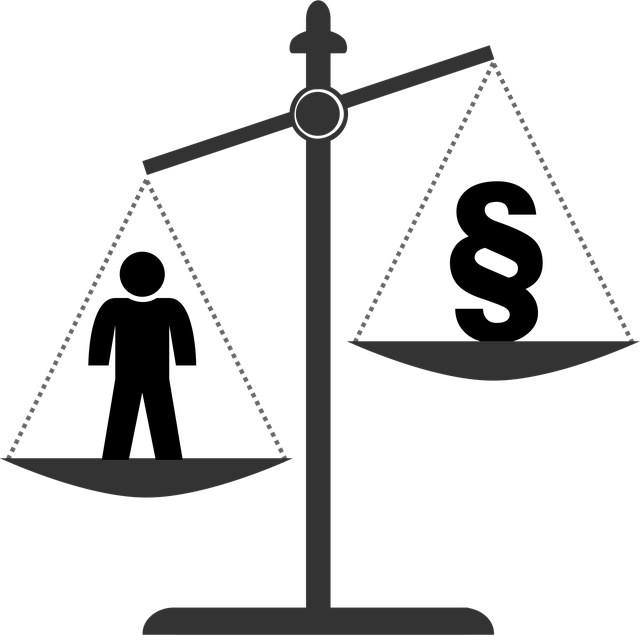Administrative lawsuits pit individuals/entities against government bodies over alleged legal violations. Common issues in these cases impact white-collar defense and economic crimes, with high stakes for businesses. Balancing public safety and individual rights is crucial during police procedures, as procedural mistakes can lead to evidence exclusion. Understanding both criminal procedure and administrative law is vital for strategic arguments. In administrative law, evidence faces unique challenges, focusing on admissibility and weight. Appeals processes are essential for fairness in navigating complex agency decisions. Recent cases highlight recurring challenges like due process and constitutional rights, influencing legal strategies.
“Unraveling the complexities of criminal law enforcement, this comprehensive guide delves into crucial aspects of administrative lawsuits. From understanding key definitions and jurisdiction to navigating appeals processes, we demystify challenges faced by legal professionals. Explore common errors in police procedure, the role of evidence, and recent cases shaping administrative law. Identify best practices to mitigate risks and enhance outcomes in these intricate legal battles, where addressing ‘common issues’ is key.”
- Understanding Administrative Lawsuits: Key Definitions and Jurisdiction
- Common Errors in Police Procedure: Due Process and Fourth Amendment
- The Role of Evidence in Administrative Law: Admissibility and Weight
- Appeals Processes: Reviewing Agency Decisions and Seeking Redress
- Recent Cases and Trends: Examining Notable Administrative Law Disputes
Understanding Administrative Lawsuits: Key Definitions and Jurisdiction
Administrative lawsuits are legal proceedings that arise from alleged violations of laws, regulations, or rules governing a particular agency or sector. These cases often involve disputes between individuals or entities and government bodies or regulatory agencies. Understanding the key definitions and jurisdiction in such matters is crucial for navigating common issues in administrative law cases, especially those involving white-collar defense and economic crimes.
At the heart of these lawsuits lie questions of power and authority, where an agency asserts its right to enforce specific rules while the accused challenges the validity or application of these regulations. Jurisdiction plays a pivotal role, as different agencies possess varying levels of authority over respective businesses, ensuring that legal actions are taken within the scope of their responsibilities. White-collar defense attorneys often navigate complex administrative law issues related to financial institutions, healthcare providers, and government contractors, where alleged violations can lead to significant penalties and reputational damage.
Common Errors in Police Procedure: Due Process and Fourth Amendment
In the realm of criminal law enforcement, police procedure is a delicate balance between public safety and individual rights, with potential for common errors that can significantly impact cases. One such area is the intersection of due process and the Fourth Amendment, which protects citizens from unreasonable searches and seizures. Law enforcement officers must adhere to strict protocols to ensure these rights are respected, particularly during investigative stops and arrests. Common issues in administrative law cases often arise when these procedures are mishandled. For instance, failure to provide a Miranda warning before questioning can lead to evidence being ruled inadmissible, hindering the prosecution’s case. Similarly, searches conducted without a warrant or beyond the scope of what is permitted by the Fourth Amendment may result in the exclusion of critical evidence.
White-collar defense attorneys often exploit such errors, aiming for achieving extraordinary results, including complete dismissal of all charges. They scrutinize procedural mistakes and challenge the admissibility of evidence to protect their clients’ rights. In navigating these complex issues, a thorough understanding of both criminal procedure and administrative law is essential. This knowledge allows for strategic arguments that can safeguard individuals from unjust convictions and ensure fairness in the legal system.
The Role of Evidence in Administrative Law: Admissibility and Weight
In Administrative Law cases, evidence plays a pivotal role in determining outcomes, much like it does in Criminal Law. However, unlike criminal trials where strict rules govern admissibility, administrative law tackles unique challenges. Common Issues in Administrative Law Cases often revolve around the admissibility and weight given to evidence collected during the investigative and enforcement process. Since these cases can have significant impacts on individuals’ lives, achieving extraordinary results requires a thorough understanding of all stages involved.
Across the country, the evaluation of evidence in administrative law has evolved to address inconsistencies and ensure fairness. The court considers not only the traditional weight of physical or testimonial evidence but also contextual factors that may impact its reliability. This nuanced approach is crucial, as it allows for more precise decision-making while still upholding the integrity of the legal process, ultimately shaping the landscape of administrative law enforcement.
Appeals Processes: Reviewing Agency Decisions and Seeking Redress
In many jurisdictions, criminal law enforcement involves a complex web of agency decisions that can significantly impact an individual’s case. Appeals processes play a crucial role in ensuring fairness and providing a mechanism for redress when common issues in administrative law cases arise. These appeals offer individuals the chance to challenge decisions made by law enforcement agencies or regulatory bodies, especially in matters involving white-collar and economic crimes. Understanding the appeal process is vital for those navigating the criminal justice system, as it allows for the correction of errors, ensures due process, and maintains the integrity of the legal framework.
When seeking redress through appeals, individuals often face the task of presenting their case before a higher authority or tribunal. This process requires a thorough understanding of legal procedures and the ability to articulate arguments effectively. Common challenges in administrative law cases may include issues related to procedural fairness, evidentiary rules, and the interpretation of laws or regulations. By engaging with the philanthropic and political communities across the country, those involved in criminal law enforcement can foster an environment that promotes transparency, accountability, and equitable outcomes.
Recent Cases and Trends: Examining Notable Administrative Law Disputes
Recent cases and trends in administrative law have brought to light several common issues that are shaping legal strategies and outcomes. High-profile disputes involving government agencies, public officials, and private entities have unveiled challenges related to due process, constitutional rights, and procedural fairness. For instance, a notable case involved a challenge to an agency’s decision to impose severe penalties without providing adequate notice or opportunity for a fair hearing, highlighting the importance of administrative transparency and accountability.
These legal battles often revolve around complex factual scenarios, requiring meticulous analysis of regulatory frameworks and statutory interpretations. The pursuit of achieving extraordinary results has led to innovative arguments and creative solutions. In some instances, successful challenges have resulted in complete dismissals of all charges, demonstrating the power of effective legal representation and strategic advocacy. However, jury trials remain a rare occurrence in administrative law cases, as these disputes typically involve technical issues and specialized knowledge that may not align with traditional courtroom dramas.
Administrative law enforcement plays a vital role in maintaining justice, but it’s not without its challenges. By understanding key concepts like jurisdiction, due process, and evidence admissibility, along with navigating appeals processes, we can mitigate common issues in these cases. Recent trends in administrative law disputes highlight the evolving nature of this field, underscoring the importance of staying informed and adapting practices to ensure fair and effective governance. Awareness of these developments is crucial for both legal professionals and those interacting with administrative law enforcement.






